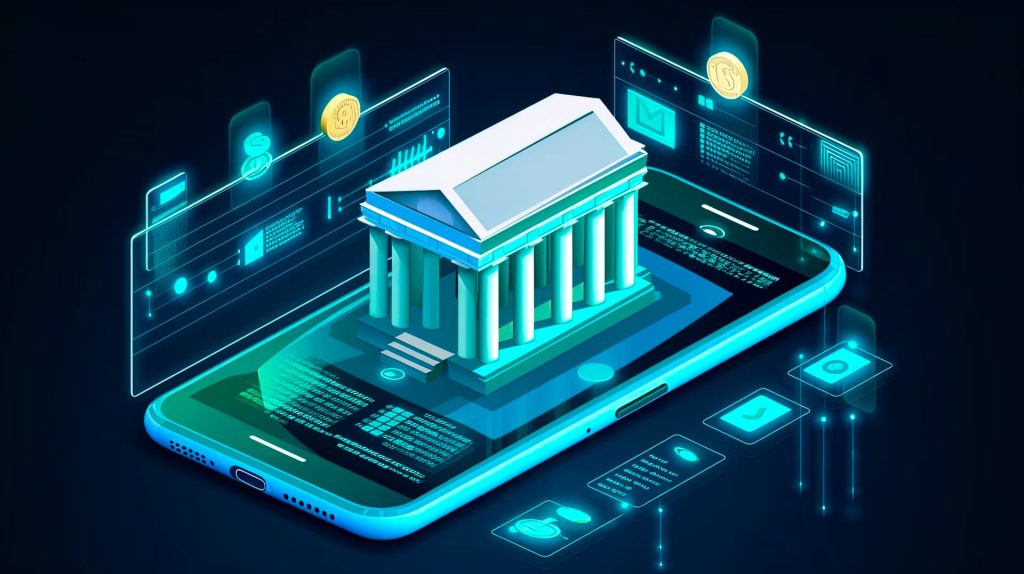Drex and other technologies confirm the advancement of the Brazilian financial system compared to other countries, and Cybersecurity remains under discussion Drex and other technologies confirm the advancement of the Brazilian financial system compared to other countries, and Cybersecurity remains under discussion
By Nathália Santiago, Business Manager at act digital
Brazil takes the lead in developing cutting-edge technologies for the financial sector. Among them, we highlight Pix, Drex (Digital Real), Open Banking, and consequently, record investments in Cybersecurity. Let’s delve into each of these and illustrate how the numbers in the world of finance are compelling.
Globally, credit cards are losing ground as a means of payment, as instant payment methods such as digital wallets gain prominence. In Brazil, the spotlight is on Pix. In September 2023, the Central Bank released a three-year operational management report on Pix, sharing that this payment method is one of the major success stories. In 2022 alone, Pix facilitated transactions totaling BRL 1.2 trillion and accounted for 2.9 billion transactions. But the numbers don’t stop there: the Central Bank’s report revealed that there are 71.5 million users of this financial transaction model. Here’s an interesting tidbit: you can visit the Central Bank of Brazil’s website to access monthly Pix statistics — check it out here.
Commenting on the latest development in the digital currency realm, you may have noticed that the Central Bank (BC) has christened the Digital Real as “Drex” — a name that combines several elements of innovation into an acronym: “D” for digital, “R” for real, “E” for electronic, and “X” for transaction. Perhaps you’ve wondered how Drex differs from Pix. According to the Brazilian Federation of Banks (Febraban), Drex will be a digital version of paper currency, utilizing blockchain technology, which will enable transactions with larger values. An important point to note is that Drex is not a cryptocurrency. While cryptocurrencies represent assets within the blockchain — the system that houses cryptocurrencies — digital real represents the literal Brazilian currency.

The introduction of this new technology, in and of itself, does not increase the risk of fraud — after all, human behavior is still responsible for using technology for its intended purpose. But before we delve into Cybersecurity, let’s talk about Open Banking, as Brazil is considered a global benchmark and a success story in the implementation of this system, which has been in place for just over two years. This information comes from a recent study by the Open Banking Excellence institution in the United Kingdom, in partnership with the University of Oxford, which assessed 23 countries.
The percentage of Brazilians who consider Open Finance services relevant has surged from 58% to 69% between 2019 and 2023, while those motivated to adopt this mode of finance have risen from 54% to 67% over the same period, according to a survey by the Ipsos Institute. These numbers collectively reinforce our belief that we are on the right technological path in the financial market.
Open Banking, as we know, is a dynamic system that leverages data to provide personalized solutions to its customers. Hence, it is no surprise that Cybersecurity is a top and indispensable priority when discussing data sharing. It’s worth noting that out of the BRL 45.1 billion that Brazilian banks are set to invest in technology this year, as reported in the Febraban Banking Technology Survey, a substantial 10% is dedicated to fortifying Cybersecurity. Simultaneously, there is a collaborative movement between governments, cybersecurity companies, and private organizations to establish a unified front against cybercrime. Encouraging the sharing of information and cooperation among these entities will enhance the collective ability to detect and respond to emerging threats effectively.
Securing and transparently handling data, while informing customers about the purpose of using their information, is paramount. It’s worth noting that companies handling personal data must adhere to the General Data Protection Law (LGPD), which was approved in 2018 and came into effect at the end of 2020.
For financial companies looking to explore this critical topic further, act digital boasts a team of experts dedicated to developing innovative solutions to secure data and systems for businesses. Get in touch with us, and together, we can make an impact on the world.